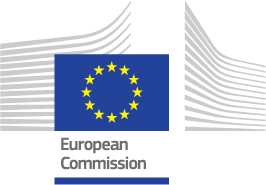GS11 Hosts and Co-Organizers
Co-Hosts
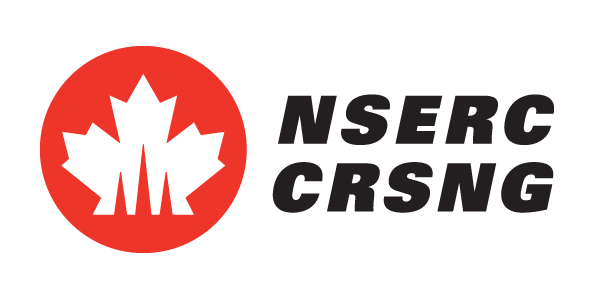 The Natural Sciences and Engineering Research Council of Canada (NSERC) invests over $1 billion each year in natural sciences and engineering research in Canada. Our investments deliver discoveries – valuable world-firsts in knowledge claimed by a brain trust of over 11,000 professors. Our investments enable partnerships and collaborations that connect industry with discoveries and the people behind them. Researcher-industry partnerships established by NSERC help inform R&D, solve scale-up challenges, and reduce the risks of developing high-potential technology.
The Natural Sciences and Engineering Research Council of Canada (NSERC) invests over $1 billion each year in natural sciences and engineering research in Canada. Our investments deliver discoveries – valuable world-firsts in knowledge claimed by a brain trust of over 11,000 professors. Our investments enable partnerships and collaborations that connect industry with discoveries and the people behind them. Researcher-industry partnerships established by NSERC help inform R&D, solve scale-up challenges, and reduce the risks of developing high-potential technology.
NSERC also provides scholarships and hands-on training experience for more than 30,000 post-secondary students and post-doctoral fellows. These young researchers will be the next generation of science and engineering leaders in Canada.
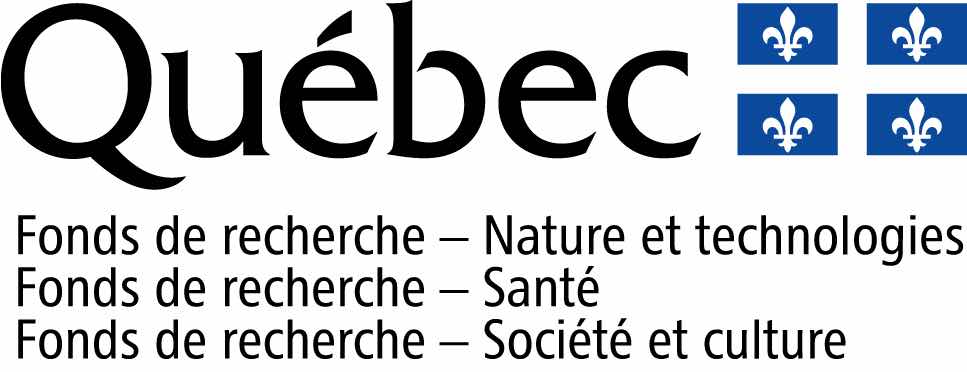 Reporting to the Minister of Economy, Science and Innovation, the Fonds de recherche du Québec's mission is to ensure the strategic and coherent development of Québec's research and to support it financially, to support the training of researchers, to establish the partnerships necessary to achieve their mission and to promote and support knowledge mobilization.
Reporting to the Minister of Economy, Science and Innovation, the Fonds de recherche du Québec's mission is to ensure the strategic and coherent development of Québec's research and to support it financially, to support the training of researchers, to establish the partnerships necessary to achieve their mission and to promote and support knowledge mobilization.
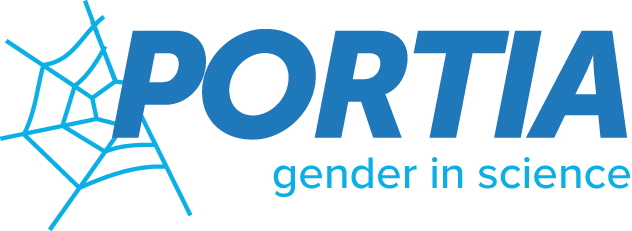 Portia Ltd UK (co-founders of the Gender Summits) designs and implements effective, evidence-based strategies for advancing quality of research and innovation through gender. Our work covers gender equality issues in STEM and gender dimension in the content, process and impact of science (STEM) endeavours. We work through national and international partnerships, involving scientific community, industry, policy makers and gender research scholars, to enhance science knowledge making; improve institutional practices and process; promote human capital; and ensure compliance with regulation. We believe firmly in putting the views and needs of science at the centre of the gender equality debate in science, and as a key to achieving sustainable economic growth and promoting Europe’s role as a global R&D leader. Portia co-founded the Gender Summits in 2011 as part of a project we co-ordinated, genSET.
Portia Ltd UK (co-founders of the Gender Summits) designs and implements effective, evidence-based strategies for advancing quality of research and innovation through gender. Our work covers gender equality issues in STEM and gender dimension in the content, process and impact of science (STEM) endeavours. We work through national and international partnerships, involving scientific community, industry, policy makers and gender research scholars, to enhance science knowledge making; improve institutional practices and process; promote human capital; and ensure compliance with regulation. We believe firmly in putting the views and needs of science at the centre of the gender equality debate in science, and as a key to achieving sustainable economic growth and promoting Europe’s role as a global R&D leader. Portia co-founded the Gender Summits in 2011 as part of a project we co-ordinated, genSET.
Collaborators
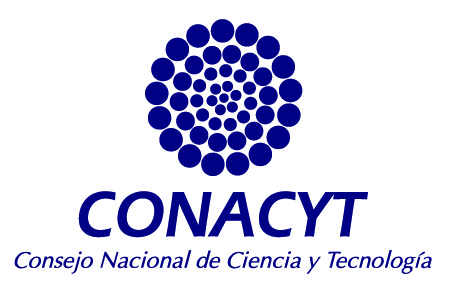 The National Council of Science and Technology (CONACYT) was created by the willingness of the Congress (H. Congreso de la Unión) on December 29th 1970, as a public and decentralized organism of the Public Federal Administration, member of the education sector, with legal personality and with its own endowment. It is also responsible of the elaboration of science and technology policies in Mexico. Since its creation and until 1999, two reforms and one law to coordinate and promote scientific and technologic development were presented, and on June 5th 2002 the new Science and Technology Law was promulgated. Our goal is to consolidate a National System of Science and Technology that responds to the country’s priority demands, gives solution to specific problems and needs, and that contributes to raise the standard of living and the social welfare state. Our Mission is to impulse and strengthen scientific development and technologic modernization in Mexico, by the high level human resources, promotion and impulse of specific research projects and the communication of science and technology information. CONACYT will contribute with other Federal Government agencies and entities, as well as with the productive sector, in order to increase Mexico’s participation in the generation, acquisition and communication of knowledge, and to considerably increase the societies scientific and technologic culture, enjoying the benefits resulted from it.
The National Council of Science and Technology (CONACYT) was created by the willingness of the Congress (H. Congreso de la Unión) on December 29th 1970, as a public and decentralized organism of the Public Federal Administration, member of the education sector, with legal personality and with its own endowment. It is also responsible of the elaboration of science and technology policies in Mexico. Since its creation and until 1999, two reforms and one law to coordinate and promote scientific and technologic development were presented, and on June 5th 2002 the new Science and Technology Law was promulgated. Our goal is to consolidate a National System of Science and Technology that responds to the country’s priority demands, gives solution to specific problems and needs, and that contributes to raise the standard of living and the social welfare state. Our Mission is to impulse and strengthen scientific development and technologic modernization in Mexico, by the high level human resources, promotion and impulse of specific research projects and the communication of science and technology information. CONACYT will contribute with other Federal Government agencies and entities, as well as with the productive sector, in order to increase Mexico’s participation in the generation, acquisition and communication of knowledge, and to considerably increase the societies scientific and technologic culture, enjoying the benefits resulted from it.
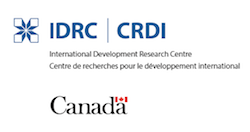 The International Development Research Centre is a key part of Canada’s foreign affairs and development efforts, investing in knowledge, innovation and solutions to improve lives and livelihoods in the developing world. IDRC brings together the right partners to build leaders for today and tomorrow and to help drive large-scale positive change.
The International Development Research Centre is a key part of Canada’s foreign affairs and development efforts, investing in knowledge, innovation and solutions to improve lives and livelihoods in the developing world. IDRC brings together the right partners to build leaders for today and tomorrow and to help drive large-scale positive change.
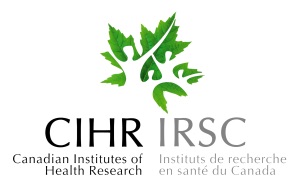 The CIHR Institute of Gender and Health is an international leader in fostering research excellence regarding the influence of sex and gender on the health of women and men throughout life. We are
The CIHR Institute of Gender and Health is an international leader in fostering research excellence regarding the influence of sex and gender on the health of women and men throughout life. We are
more than a funding institute. In our short history, we’ve built a community of researchers and
knowledge users who are integrating sex and gender in their work to spark discovery, innovation and health impact. Through our commitment to knowledge translation, we facilitate the application of these research findings to address pressing health challenges facing men, women, girls, boys and gender diverse people. We are focused on transforming our health research systems, our research methods, and the outcomes of gender, sex and health research. We are shaping science for a healthier world.
![]() Social sciences and humanities research builds knowledge about people in the past and present, with a view toward creating a better future. As a federal research funding agency, the Social Sciences and Humanities Research Council (SSHRC) supports postsecondary research and research training in the social sciences and humanities. We support research and talent that are central to quality of life and innovation, and help connect research outcomes and the communities, businesses and governments who can use this new knowledge to improve people’s lives. By investing in scholarships, fellowships and research training, we help develop Canada’s best and brightest scholars and researchers into Canada’s future leaders.
Social sciences and humanities research builds knowledge about people in the past and present, with a view toward creating a better future. As a federal research funding agency, the Social Sciences and Humanities Research Council (SSHRC) supports postsecondary research and research training in the social sciences and humanities. We support research and talent that are central to quality of life and innovation, and help connect research outcomes and the communities, businesses and governments who can use this new knowledge to improve people’s lives. By investing in scholarships, fellowships and research training, we help develop Canada’s best and brightest scholars and researchers into Canada’s future leaders.
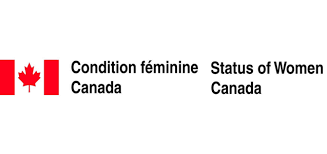 Status of Women Canada (SWC) is a federal Government agency that promotes equality between women and men in all aspects of Canadian life. SWC is responsible for exercising leadership and working in partnership to promote and advance equality by: supporting community-based action and innovation that will lead to equality by helping to create conditions for success for women and girls in Canada; providing expert advice on gender equality and Gender-based Analysis Plus in the development of effective programs, policies and legislation for all Canadians; promoting commemorative dates relating to women and girls in Canada; and supporting Canada’s efforts to meet international obligations. SWC works to promote and advance equality for women and girls, focusing its efforts in three areas: improving women’s and girls’ economic security and prosperity; ending violence against women and girls; and supporting the advancement and increased representation of women and girls in leadership and decision-making roles, including in fields where they are under-represented.
Status of Women Canada (SWC) is a federal Government agency that promotes equality between women and men in all aspects of Canadian life. SWC is responsible for exercising leadership and working in partnership to promote and advance equality by: supporting community-based action and innovation that will lead to equality by helping to create conditions for success for women and girls in Canada; providing expert advice on gender equality and Gender-based Analysis Plus in the development of effective programs, policies and legislation for all Canadians; promoting commemorative dates relating to women and girls in Canada; and supporting Canada’s efforts to meet international obligations. SWC works to promote and advance equality for women and girls, focusing its efforts in three areas: improving women’s and girls’ economic security and prosperity; ending violence against women and girls; and supporting the advancement and increased representation of women and girls in leadership and decision-making roles, including in fields where they are under-represented.
 Engineers Canada is the national organization of the provincial and territorial associations that regulate the practice of engineering in Canada and license the country's 290,000 members of the engineering profession. Together with the provincial and territorial associations, Engineers Canada works to advance the profession in the public interest. This includes accrediting undergraduate engineering programs, developing professional practice and qualifications guidelines, and facilitating international and interprovincial labour mobility. Additionally, Engineers Canada conducts federal government relations, provides insurance, financial and other benefits to engineers, and provides research on the state of the engineering profession. Engineers Canada is dedicated to increasing the participation of women in the engineering profession and demonstrating the value of diversity and inclusivity in engineering education and in the workplace.
Engineers Canada is the national organization of the provincial and territorial associations that regulate the practice of engineering in Canada and license the country's 290,000 members of the engineering profession. Together with the provincial and territorial associations, Engineers Canada works to advance the profession in the public interest. This includes accrediting undergraduate engineering programs, developing professional practice and qualifications guidelines, and facilitating international and interprovincial labour mobility. Additionally, Engineers Canada conducts federal government relations, provides insurance, financial and other benefits to engineers, and provides research on the state of the engineering profession. Engineers Canada is dedicated to increasing the participation of women in the engineering profession and demonstrating the value of diversity and inclusivity in engineering education and in the workplace.
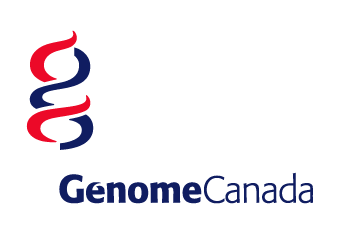 Genome Canada is a not-for-profit organization that aims to harness the transformative power of genomics for the benefit of all Canadians. We connect ideas and people across public and private sectors to find new uses for genomics, invest in large-scale science and technology to fuel innovation, and translate discoveries into solutions across key sectors of national importance, including health, agriculture, forestry, fisheries & aquaculture, energy, mining, and the environment. For more information, visit www.genomecanada.ca.
Genome Canada is a not-for-profit organization that aims to harness the transformative power of genomics for the benefit of all Canadians. We connect ideas and people across public and private sectors to find new uses for genomics, invest in large-scale science and technology to fuel innovation, and translate discoveries into solutions across key sectors of national importance, including health, agriculture, forestry, fisheries & aquaculture, energy, mining, and the environment. For more information, visit www.genomecanada.ca.
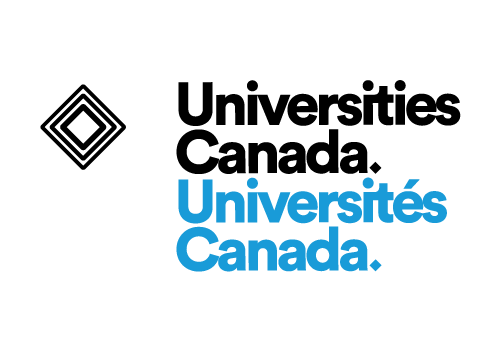 Universities Canada is the voice of Canadian universities, at home and abroad. We are a membership organization providing university presidents with a unified voice for higher education, research and innovation. Universities Canada, formerly the Association of Universities and Colleges of Canada, advances the mission of our 96 member institutions to transform lives, strengthen communities and find solutions to the most pressing challenges facing our world.
Universities Canada is the voice of Canadian universities, at home and abroad. We are a membership organization providing university presidents with a unified voice for higher education, research and innovation. Universities Canada, formerly the Association of Universities and Colleges of Canada, advances the mission of our 96 member institutions to transform lives, strengthen communities and find solutions to the most pressing challenges facing our world.
With the participation of
